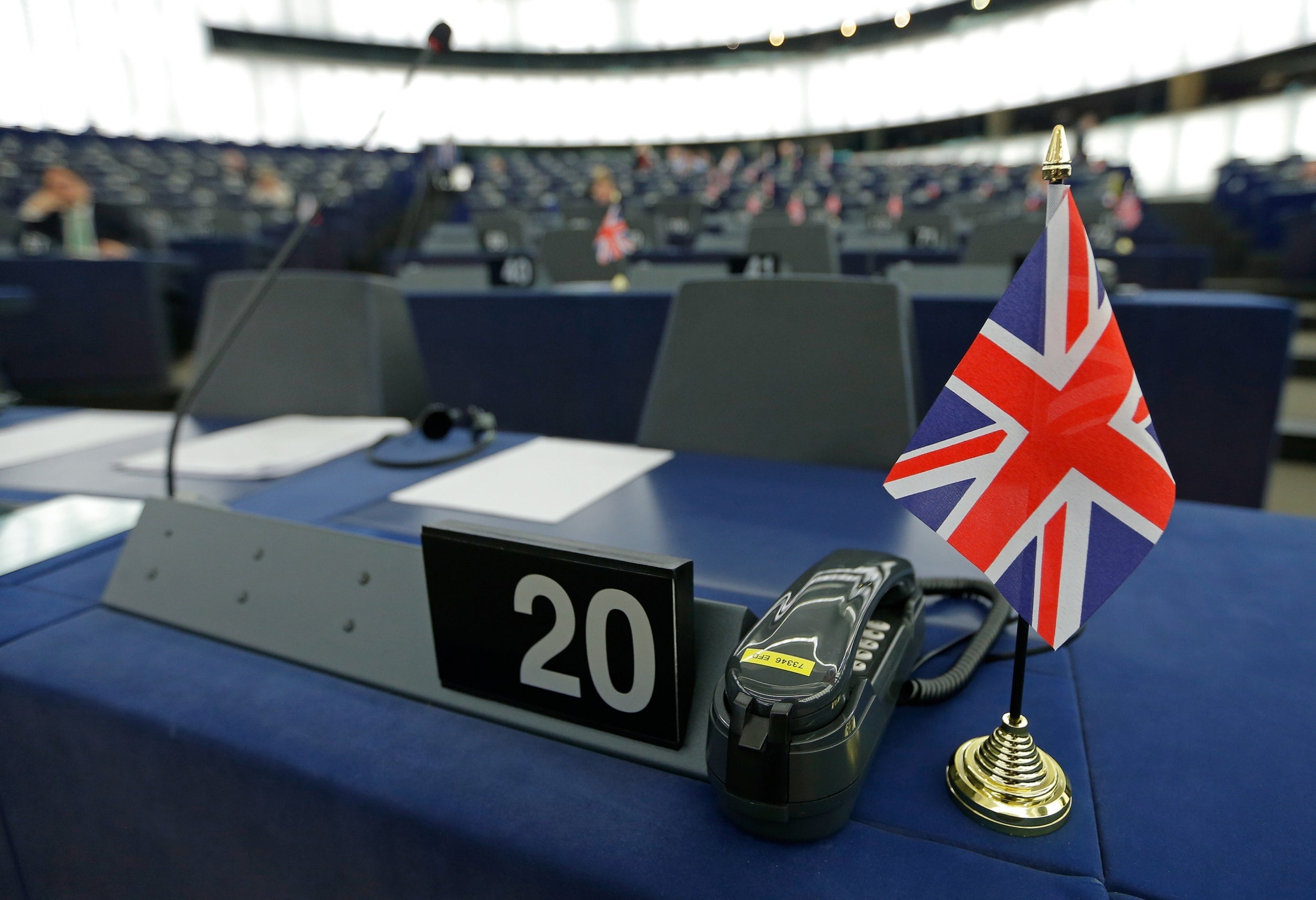What Britain is losing when its MEPs leave the European parliament for the final time
The EU’s legislature has long papered over the cracks of Britain’s constitution, argues Jon Stone


Britain’s MEPs went to work in Strasbourg for the last time this week: from the end of the month their jobs will no longer exist.
While MEPs still have a bit of work to do in Brussels – including voting on the very Brexit agreement that will make them redundant – the last Strasbourg sitting is symbolic. It is in the French base of the European parliament where the heavy lifting of legislating gets done.
The EU’s parliament is sometimes derided as a rubber stamp, and critics sometimes have a point.
On the Brexit deal, for example, MEPs still have significant reservations about the way EU citizens are to be treated by the UK, and have threatened to block the deal entirely.
There is, however, literally zero chance of this happening: they simply will not do it. MEPs will certainly end up eating their words to back the treaty, on orders of their national capitals.
It is also true that the parliament is not a fully fledged legislature: it cannot propose its own legislation, a prerogative that belongs to the European Commission, and is effectively a revising chamber for laws coming from less democratic bits of the EU institutions.
The standard of debate is also terrible: backbench MEPs barely get to speak in the chamber, and debates are just endless grandstanding without a back-and-forth.
But for all its flaws, there will be plenty of reasons to miss the parliament after Brexit.
There are, of course, the most obvious reasons: the UK and its exports will be following many EU rules after Brexit, even under Boris Johnson’s hardline interpretation of the referendum result. But Britain will no longer have any say in writing them.
But the EU’s legislature plays another very underrated role in Britain: papering over deficiencies in the UK’s clapped-out constitution.
Because it is elected by proportional representation, the parliament gives voice and representation to parts of the British political spectrum that very much exist, are entirely legitimate, but get no representation in Westminster. The Green Party holds seven of the UK’s 64 European parliament seats... it gets one of 650 in Westminster.
Whatever your views on Brexit, it would have ironically not been possible without the European parliament. Ukip and the Brexit Party found it all but impossible to win seats in Westminster, but repeatedly won dozens at EU level. Its debates were also a useful backdrop for Nigel Farage, who used it to record countless viral videos that made him a global celebrity.
Parties like the Greens are not going to magically get representation at Westminster after Brexit: they will simply be locked out of the political process. That will be a democratic outrage.
Join our commenting forum
Join thought-provoking conversations, follow other Independent readers and see their replies
Comments
Bookmark popover
Removed from bookmarks